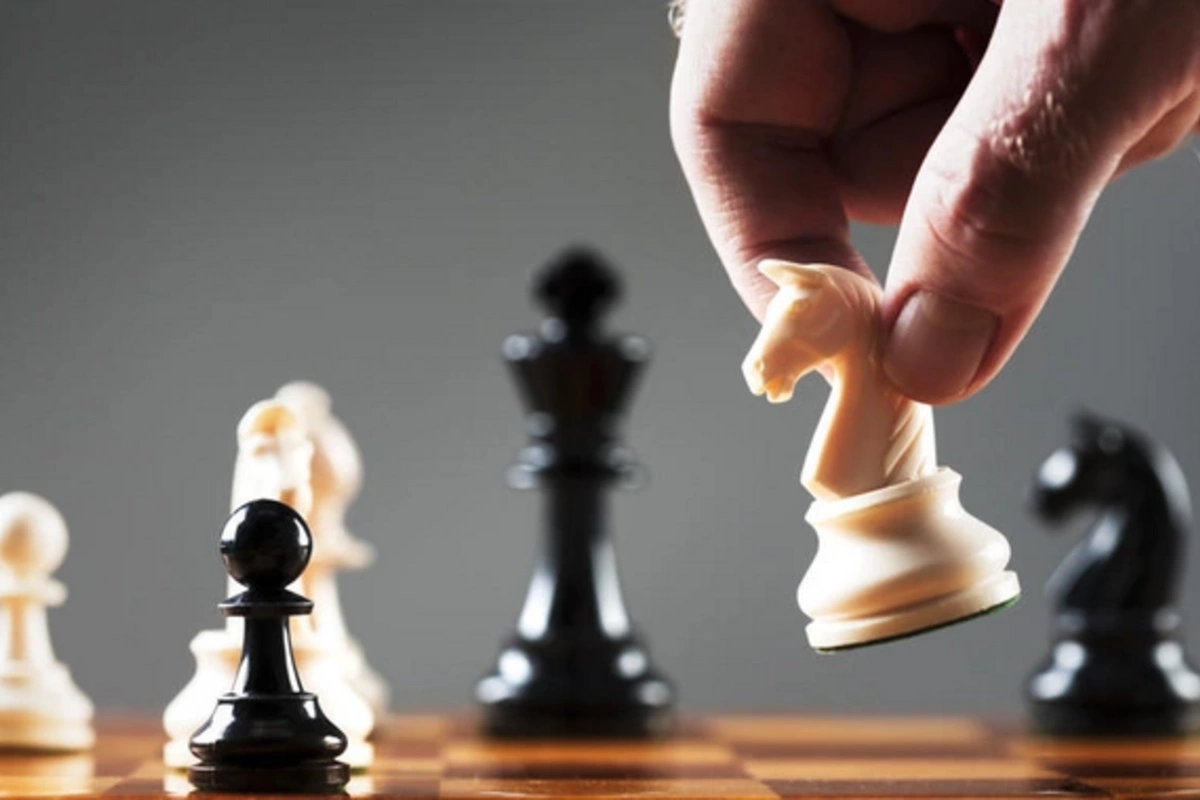12 Jun , 09:41
0

Chess Battles: Do Grandmasters Burn Thousands of Calories Sitting at the Board?
An astonishing claim that chess players supposedly burn up to six thousand kilocalories daily during tournaments is gaining popularity online. This information leaves many puzzled: could an intellectual game, where participants sit almost motionless at a table, be comparable in energy expenditure to running a marathon?
At first glance, chess seems like an absolutely calm sport that requires no physical activity. However, it's not that simple. Chess tournaments involve hours of mental and emotional strain. Players remain in a state of constant concentration, planning, analysis, and stress. This is especially true for major championships, where the price of each mistake is defeat and elimination from the tournament.
Some sources claim that chess players can burn up to 6000 kilocalories during a day of competition. This figure is most often cited in media and blogs but is rarely supported by scientific data. The idea originally came from observations of grandmasters' behavior and physiological state during matches. Increased heartbeat, accelerated breathing, sweating, noticeable weight loss by the end of the tournament - all this gave reason to assume high energy expenditure.
However, more accurate scientific measurements show that it's not so dramatic. Using indirect calorimetry, a method that determines energy expenditure by measuring oxygen consumption, it was found that the average activity of a chess player during a game is only slightly higher than that of a person at rest. Energy expenditure can reach approximately 1200-1500 kilocalories during an intense day, but not six thousand. This is because the brain, although requiring a lot of energy, cannot compare in expenditure to muscle activity during running or heavy training.
Why do chess players actually lose weight during tournaments? The reason is not only energy but also a complex of other factors. First, stress. It can suppress appetite, cause insomnia, increase cortisol and adrenaline production. Second, the sedentary lifestyle during matches is accompanied by increased nervous tension, which affects overall well-being. Third, many participants limit their food intake, drink less water, and sleep poorly during competitions. All this can cause weight loss, which is mistakenly perceived as a consequence of "colossal energy expenditure."
Interestingly, some modern chess players do actually train physically to maintain endurance, attention, and stress resistance. Physical fitness helps them better endure lengthy games. In this sense, chess is becoming closer to classic sports, where not only intellect but also the body is important.
Thus, the idea of six thousand burned kilocalories is a myth, embellished for impression. In practice, chess is indeed an energy-consuming mental activity, but its contribution to calorie expenditure is limited. Nevertheless, professional chess players do experience serious strain - it just manifests differently than in a gym.